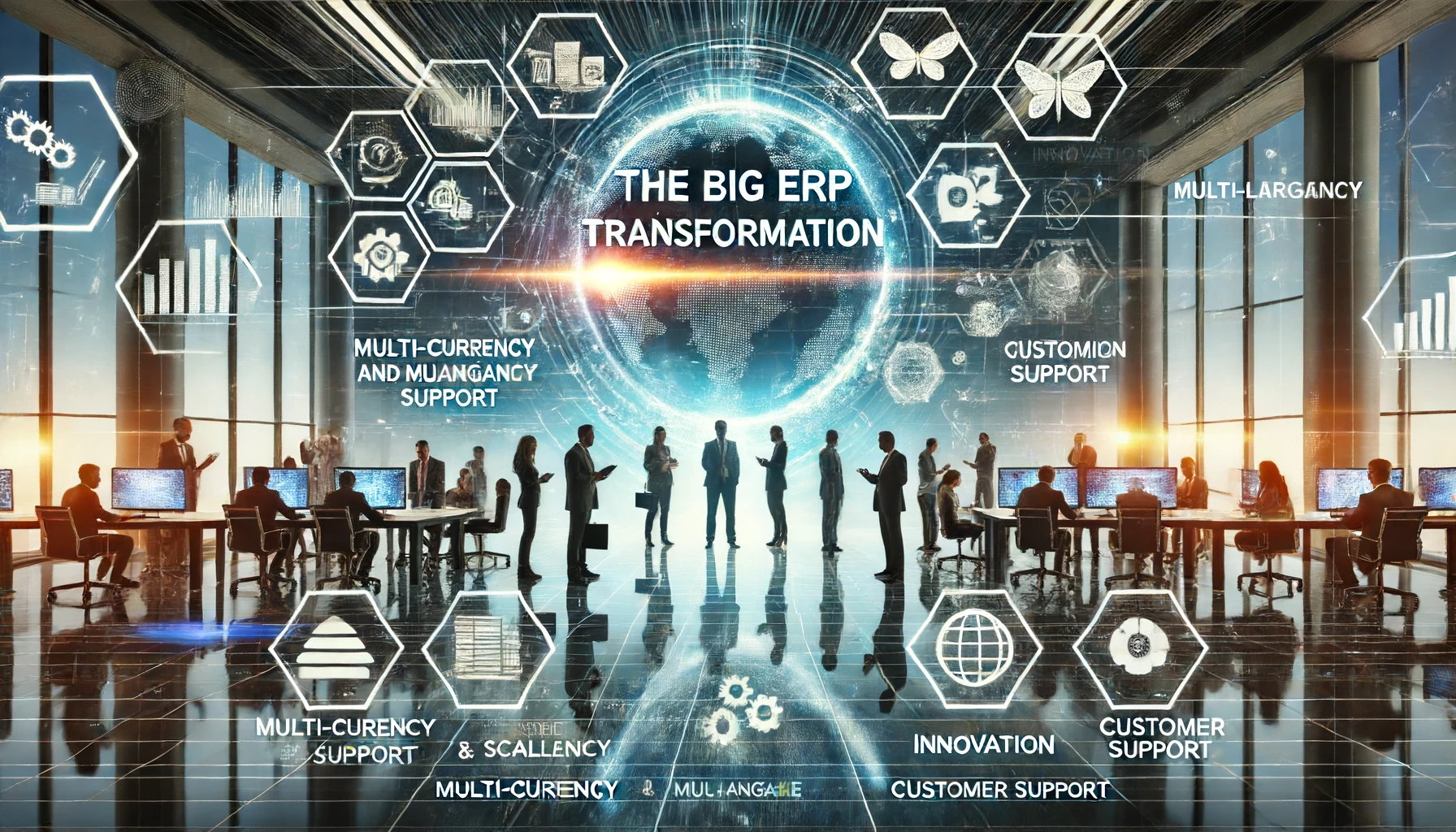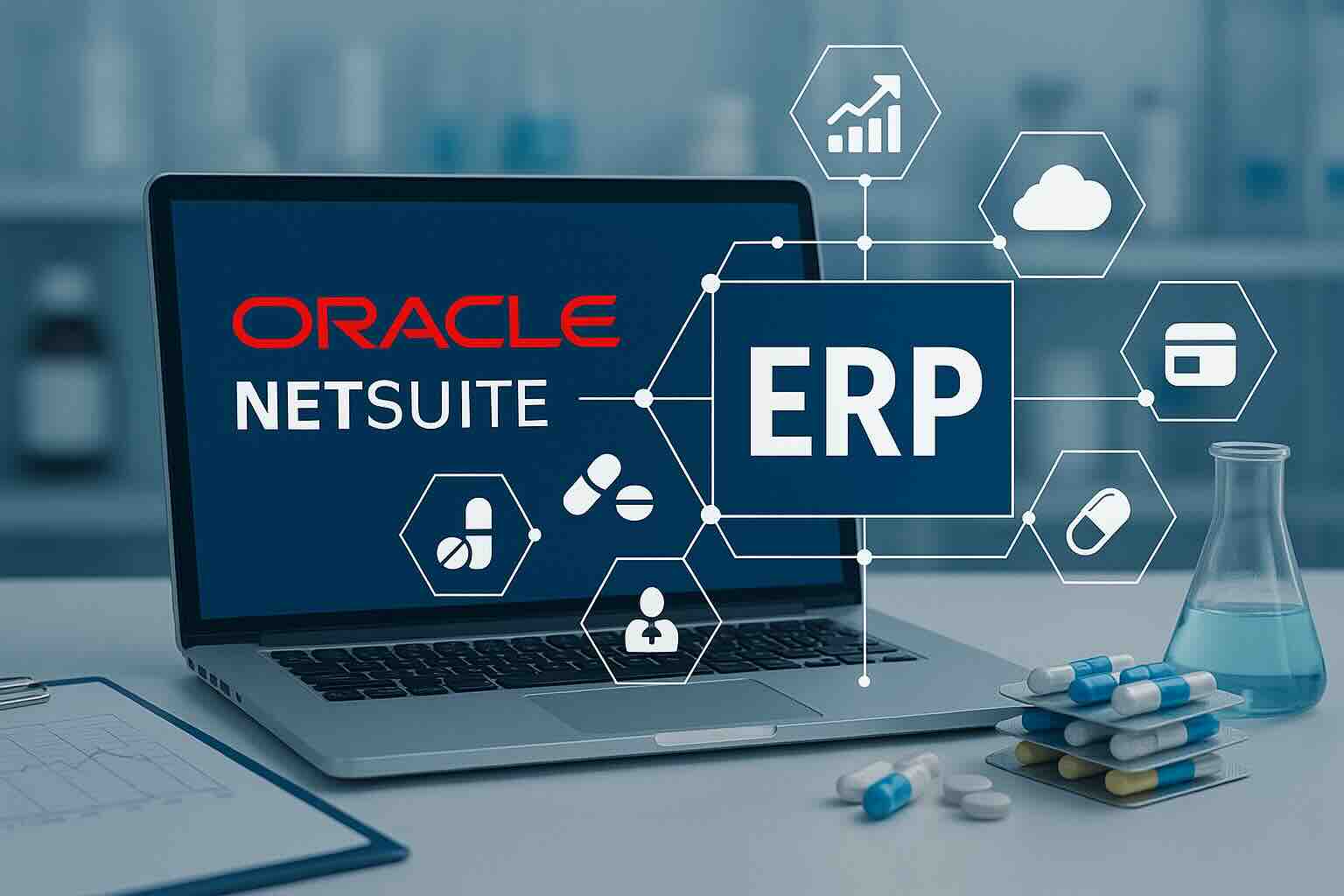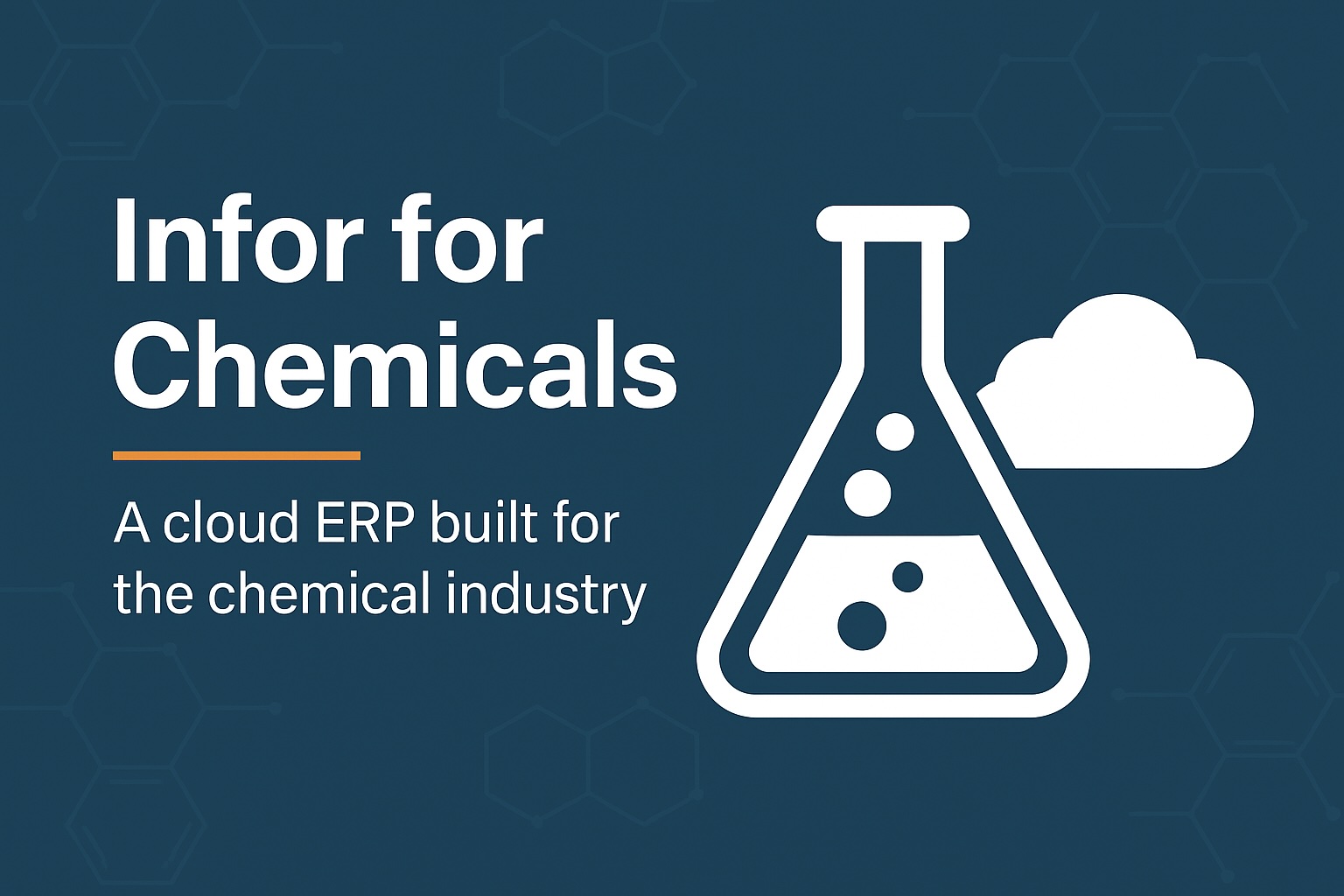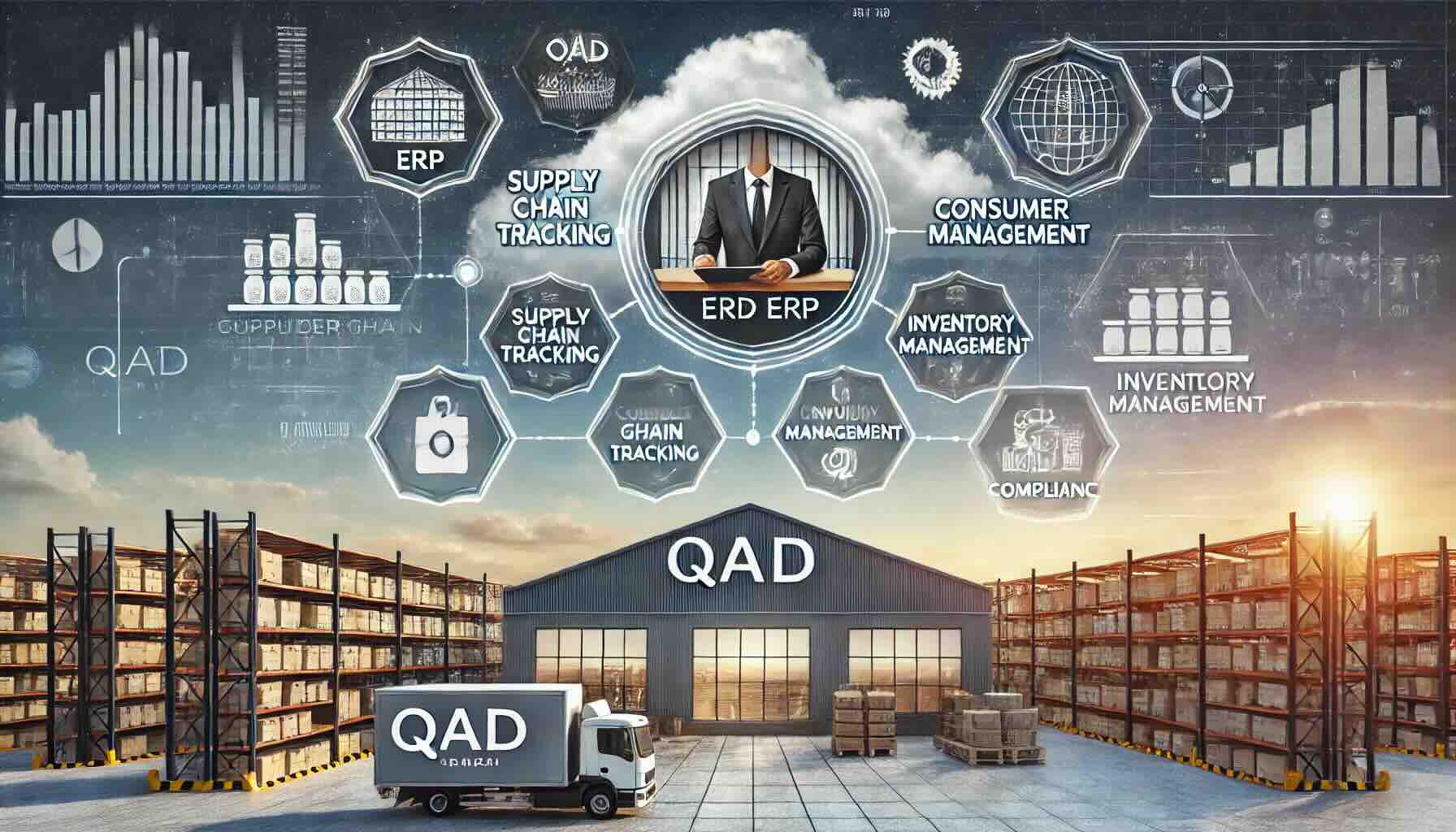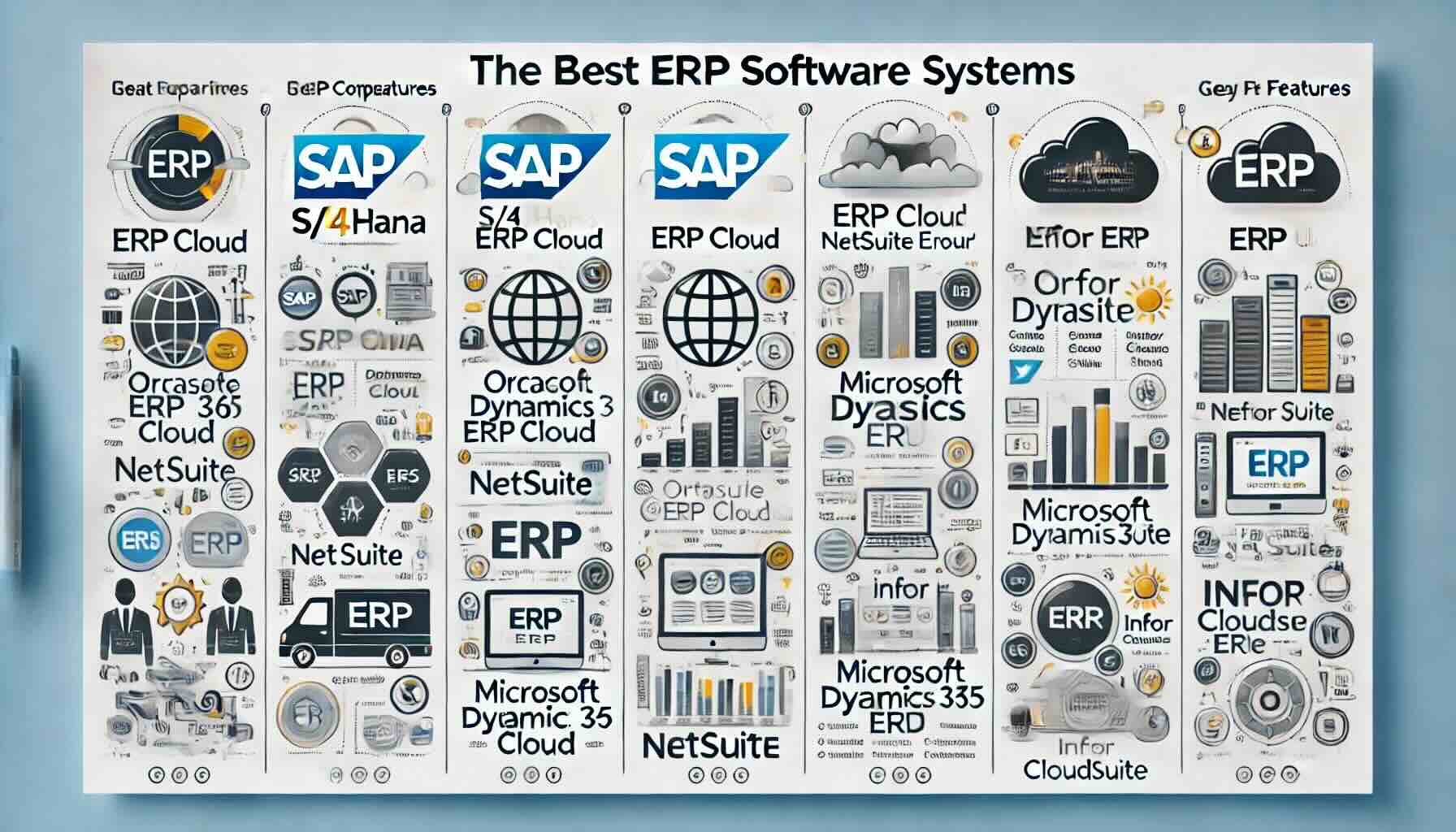Is Workday a Good ERP for Healthcare?

In the ever-evolving landscape of healthcare, where technological advancements and regulatory changes occur rapidly, the importance of an efficient Enterprise Resource Planning (ERP) system cannot be overstated. With this context in mind, let’s delve into the suitability of Workday ERP for healthcare.
Introduction: Navigating the Complexities of Healthcare with ERP Solutions
The healthcare industry, known for its complex workflows and stringent regulatory requirements, necessitates robust systems that can streamline operations while ensuring compliance and efficiency. In this sector, an ERP system is more than a tool; it’s a necessity for survival and growth. Workday, a prominent name in the ERP arena, claims to offer solutions that resonate well with the needs of healthcare organizations. But how well does it stand up to the specific demands of this industry?
Workday ERP for Healthcare: A Deep Dive
Strengths:
- Comprehensive Data Management: Workday ERP excels in managing vast amounts of data, a critical aspect for healthcare institutions dealing with patient records, treatment histories, and insurance information. Its ability to seamlessly integrate and analyze data aids in making informed decisions.
- Regulatory Compliance and Security: With the healthcare industry’s stringent compliance requirements, Workday’s strong focus on security and adherence to regulations like HIPAA is a significant advantage. It ensures that patient data is handled securely, maintaining confidentiality and trust.
- Financial Management: Healthcare institutions often grapple with complex financial operations. Workday’s robust financial management tools enable efficient handling of billing, budgeting, and financial planning, which are vital for the financial health of these institutions.
- Human Capital Management: Managing a diverse workforce is another challenge in healthcare. Workday’s human capital management (HCM) capabilities streamline staff management, from recruitment to retention, ensuring that the right personnel are in place.
- Scalability: As healthcare organizations grow, their systems must adapt. Workday’s scalable architecture accommodates this growth, making it a viable option for both small clinics and large hospitals.
Weaknesses:
- Complex Implementation: The implementation of Workday ERP can be complex and time-consuming. Healthcare institutions might face challenges during the transition phase, requiring significant training and adaptation.
- Cost: The comprehensive nature of Workday ERP comes with a high price tag. Smaller healthcare facilities might find the cost prohibitive, making it less accessible for them.
- Customization Limitations: While Workday offers many features, its customization options are somewhat limited compared to other ERPs. This might be a drawback for healthcare institutions with very specific workflow requirements.
- User Experience: Some users report that navigating the system can be less intuitive, which may lead to a longer learning curve, especially for staff not well-versed in sophisticated ERP systems.
- Integration Challenges: Integrating Workday with existing systems and third-party applications can be challenging. This might pose a problem for healthcare organizations relying on a variety of software solutions.
Comparative Analysis with Other ERPs:
It’s important to note that Workday isn’t the only ERP solution catering to healthcare. Competitors like SAP S/4HANA, Oracle Fusion, and Microsoft Dynamics 365 also offer robust solutions tailored for healthcare. These alternatives may offer more customization options or different pricing models, making them worth considering. For instance, SAP S/4HANA is known for its powerful analytics capabilities, Oracle Fusion for its extensive suite of applications, and Microsoft Dynamics 365 for its integration with other Microsoft products. Each of these ERPs has its strengths and might be more suitable for certain healthcare organizations, depending on their specific needs and constraints.
Conclusion: Weighing the Options for Healthcare ERP
In conclusion, Workday ERP offers a strong suite of features well-suited for the healthcare industry, with robust data management, compliance, financial, and human capital management capabilities. However, its complexity, cost, customization limitations, user experience issues, and integration challenges are factors that healthcare organizations must consider. It’s essential to weigh these aspects against the specific needs and resources of the institution. Moreover, a comparison with other ERPs like SAP S/4HANA, Oracle Fusion, and Microsoft Dynamics 365 is crucial to make an informed decision. Ultimately, the choice of an ERP system in healthcare should align with the organization’s size, budget, and specific operational needs, ensuring it can effectively support its mission of delivering excellent patient care.
To compare these ERP solutions and many more, you can use our new AI-powered Compare ERP tool. It’s free to use and you get a guaranteed discount on your first year’s licence fees with a referral from Compare ERP.


